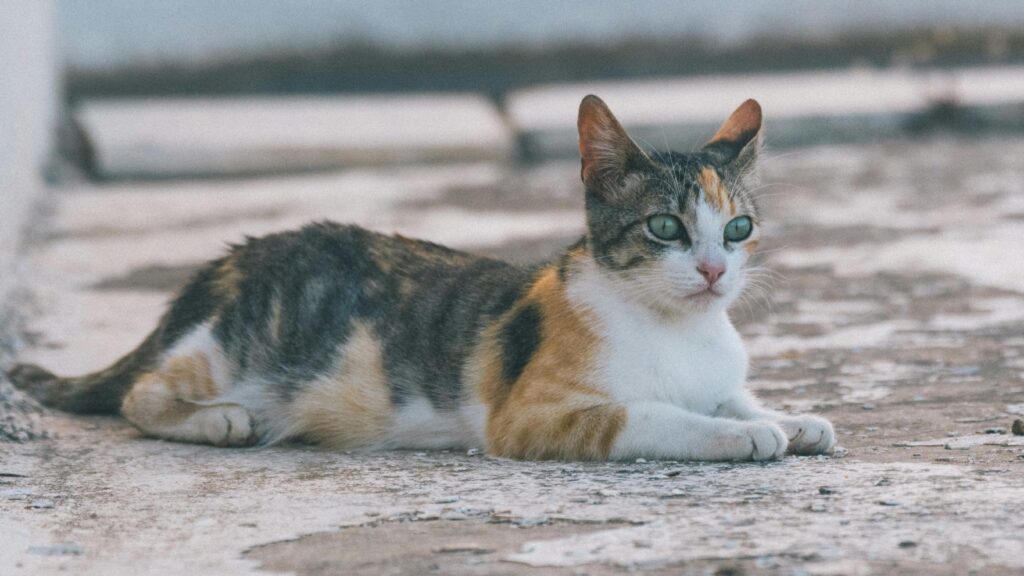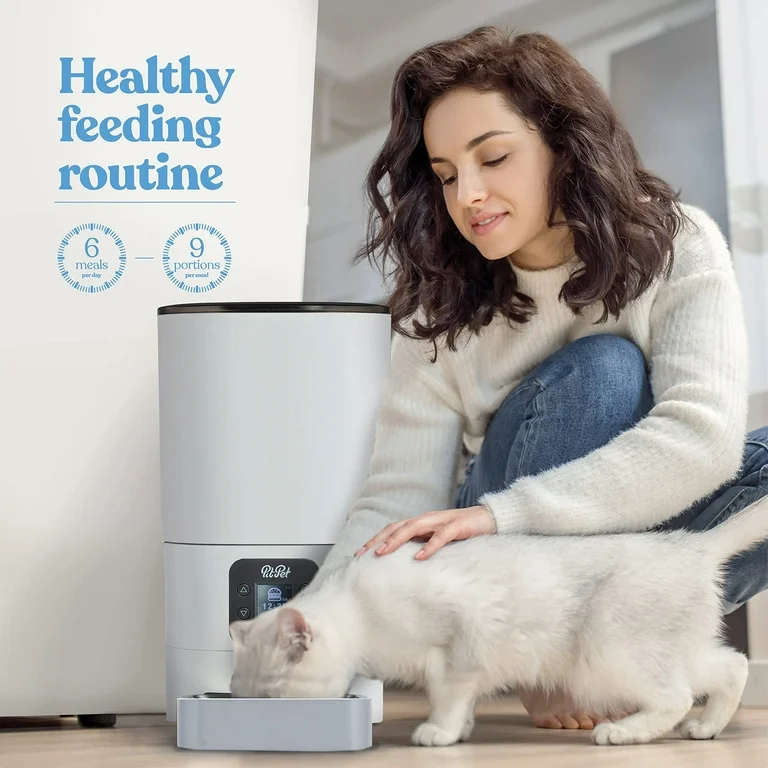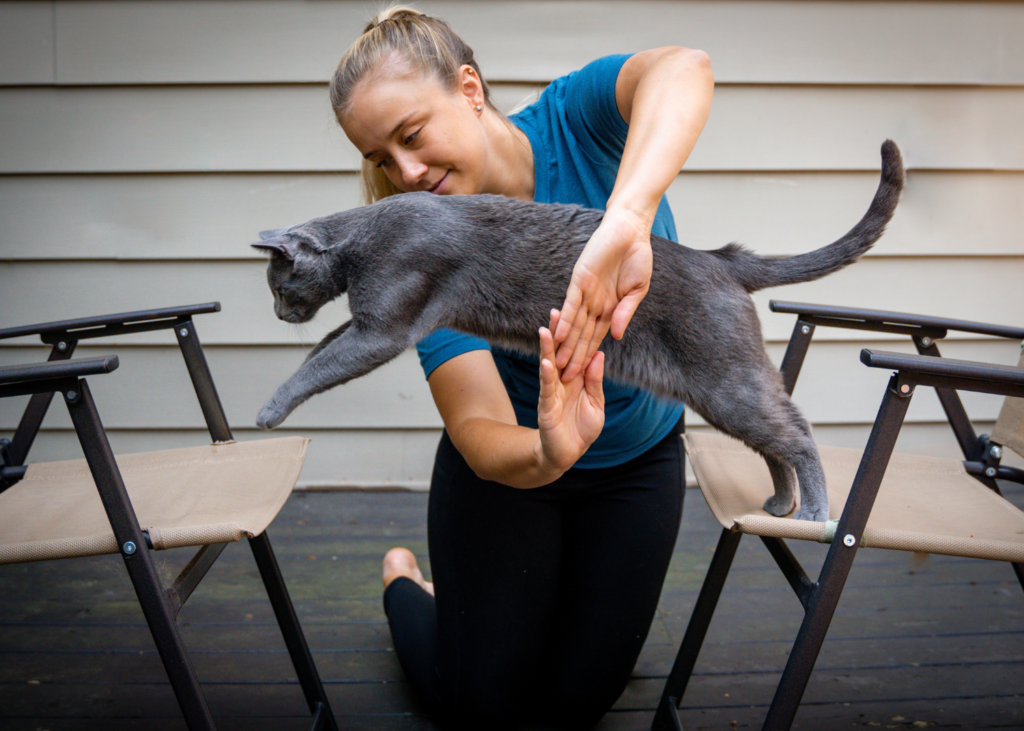Cats are incredibly resilient animals, but just like humans, they can suffer from various health problems—including blindness. Whether caused by age, injury, genetics, or underlying illnesses, feline blindness can be distressing for both pet and owner. The good news? Blindness in cats doesn’t always mean a life of darkness. With the right care, treatment, and support, your cat can continue living a happy and active life.
In this article, we’ll explore the causes of cat blindness, signs to watch for, available treatments, and solutions to improve your cat’s quality of life.
Medicine: Cat Blindness

What Causes Blindness in Cats?
There are several reasons a cat might lose its vision. Common causes include:
-
Glaucoma: A buildup of pressure in the eye that damages the optic nerve.
-
Cataracts: Cloudy lenses that block light from reaching the retina.
-
Retinal Detachment: Often linked to high blood pressure, this can cause sudden blindness.
-
Infections or Inflammation: Diseases like feline herpesvirus or uveitis can impair vision.
-
Injury or Trauma: Accidents or fights can lead to permanent damage.
-
Diabetes and Hypertension: Just like in humans, these can affect eye health over time.
-
Congenital Defects: Some kittens are born with eye abnormalities.
Next Read: Cat Loss of Motion: Causes, Symptoms etc.
Signs Your Cat May Be Going Blind
Cats are masters at hiding discomfort, so it’s crucial to spot subtle signs of vision loss:
-
cat Bumping into furniture or walls
-
Hesitating to jump or climb
-
Cloudy or discolored eyes
-
Dilated pupils that don’t respond to light
-
Sudden behavior changes or vocalizing more
-
Seeming confused in familiar spaces
If you notice any of these signs, schedule a vet visit immediately.
Diagnosis and Medical Solutions
An eye exam from a veterinary ophthalmologist is essential for an accurate diagnosis. Depending on the cause and stage, different treatments may be available:
-
Eye Drops & Medications: For glaucoma or infections.
-
Surgery: Cataracts and some injuries may be treated surgically.
-
Blood Pressure Control: Managing hypertension can prevent further damage.
-
Antibiotics or Antivirals: If infections are the root cause.
In some cases, blindness is irreversible—but that doesn’t mean it’s the end of the road.
Supportive Solutions for Blind Cats
Even if your cat can’t regain its sight, there are many ways to help them live a fulfilling life:
1. Keep a Consistent Environment
Avoid rearranging furniture and keep food, water, and litter boxes in the same spots.
2. Use Sound and Scent Cues
Your voice, toys with bells, or treats with strong smells can help your cat navigate.
3. Protect Against Hazards
Block off stairs, sharp edges, or open balconies to prevent injury.
4. Enrichment Matters
Blind cats still love to play. Use toys that make noise or puzzle feeders to keep their minds active.
5. Vet-Approved Supplements
Supplements like taurine or antioxidants may help slow progression or support general eye health. Always consult your vet before starting any new supplement.
Related: Cat Eye Infections: Causes, Symptoms, Treatment, and Prevention
Prevention Tips for Cat Owners
-
Schedule regular vet check-ups, especially as your cat ages.
-
Feed a balanced, nutrient-rich diet that supports eye health.
-
Monitor your cat’s blood pressure and overall health.
-
Keep vaccinations up to date to prevent infectious diseases.
-
Keep your cat indoors to avoid trauma and exposure to hazards.
Final Thoughts
While a diagnosis of blindness in your cat can be heartbreaking, it’s far from the end of their joyful life. With today’s veterinary advancements, early detection, and a bit of compassion, you can provide a safe, loving, and stimulating environment where your blind cat can thrive.
Cats don’t rely solely on sight—they use their keen sense of hearing, smell, and touch to interact with the world. With your love and support, they can still enjoy every moment.








